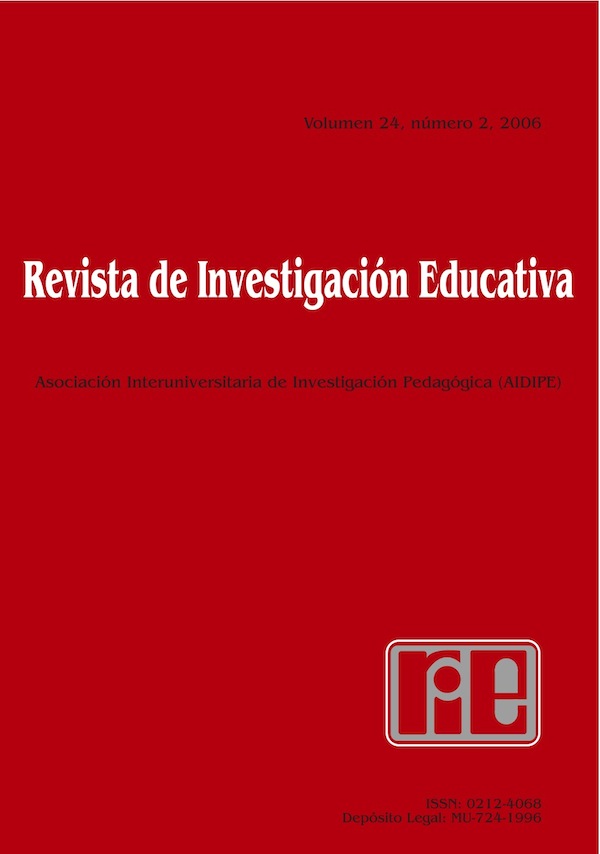Opinión del profesorado de secundaria sobre los aspectos pedagógicos relacionados con el desarrollo de competencias profesionales básicas en sus alumnos
Abstract
This work is part of one investigation of wider reach and he/she responds to a descriptive analysis of the faculty’s of Obligatory Secondary Education beliefs regarding the development of basic professional competences in its students. It is based on the administration of a closed scale on the population’s sample that is studied. A part of the work was based on the elaboration of the scale by means of the empiric identification of the trials of the professors, the inductive generation of a system of categories and the control of the process for experts. You conclude with the corresponding statistical treatment to validate the instrument. The main conclusions of the study show the recognition of the work in team as effective formula in the educational performance, the question of the such formation and how it is outlined and the convincing that only this allows to revise concepts and educational topics, being recognized explicitly that they are the coordination and the internal debate those that move the innovation in the centers.Downloads
-
Abstract206
-
PDF (Español (España))524
The articles and scientific documents published in RIE abide the following conditions:
1. The Servicio de Publicaciones de la Universidad de Murcia (the publisher) has the property rights (copyright) of all the documents published and allows the reuse under the user’s license indicated in point 2.
2. All documents are published in the digital edition of RIE under a Creative Commons Reconocimiento-NoComercial-SinObraDerivada 4.0 Internacional. (legal document) license. These documents can be copied, used, distributed, communicated and explained publicly if: i) the author(s) and its original source of publishing (magazine, publisher and URL of the document) are cited; ii) it is not used for commercial purpose; iii) the existence and the specifications about this license are mentioned.
3. Auto-archive’s conditions. The authors are allowed and encouraged to digitally distribute the pre-print versions (a version before evaluation) and/or post-print (a version that it is already evaluated and accepted to its publication). This promotes circulation and distribution earlier and can increase the citations and significance within the academic community.










